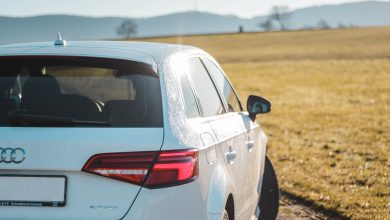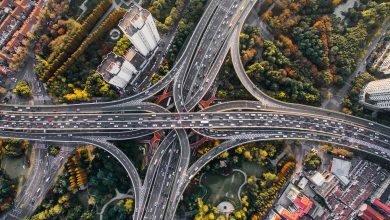When is the Optimal Time to Purchase a Car?
With the Monetary Authority of Singapore (MAS) recently easing car loan restrictions and the sudden boom in the private-hire industry, tactics to obtain the best car deal for your money have to be re-evaluated. When, then, is the optimal time to purchase a car? With the latest trends in the automotive market, it seems like COE prices are likely to remain buoyant for the rest of the 2016, despite the significantly larger quantity of cars reaching their de-registration deadline this year. Hence, if you were looking forward to purchasing that shiny new car in the near future, by now you would be reconsidering your available options.
According to an analysis done on the cost of purchasing a new car in Singapore, the total cost of owning an average car in Singapore for its entire 10-year lifespan would add up to approximately $200,000 (assuming a reasonable $60,000 spent on fuel, parking and maintenance across its lifespan).
Using the indicative COE price of $47,889 (May 2016), this shows that the COE contribution to the total cost of owning a car adds up to about 25%. This begs the question, are we placing too much emphasis on COE prices when determining when to purchase our next vehicle?
When deciding whether it is prime time to purchase your next vehicle, a lot more than the price tag associated with the car has to be taken into consideration. These are some of the following factors to consider before investing in your next vehicle:
- Current financial situation: Have you assessed your present and future financial situation? Have you saved enough to hedge against future inflation?
- Want or need: Does your schedule require you to travel around a lot? With the rise of convenient ride-hailing apps Uber and Grabcar, will it notably convenience your life and save you much invaluable time?
- Priorities: Is there anything more important that you’re putting off in exchange for your next car purchase? Is it really worth the trade off?
Of course, we do not even need to begin comparing the cost of owning a car versus the cost of taking public transport for the next ten years — the cost of owning a car always prevails. Especially with the government gearing towards turning the nation into a car-lite city, it is becoming even more prohibitively expensive to own a car (for example, the revision in HDB and URA car park charges and rise in ERP rates this year).
Furthermore, it is extremely difficult to assign monetary values to the freedom, privacy and comfort of owning a car. As all these factors varies for each individual, you should be beginning to understand why there will never be a definite answer to the optimal time to purchase a car. Let this be our key advice to all first-time car buyers in the market:
- If you are financially stable and willing to sacrifice a considerable proportion of your savings in exchange for convenience and ease, go for it.
- If you’re less financially certain but still very keen in purchasing a car, consider buying a used car. (If you require more convincing, click here, here, or here. Once you’re convinced, head over to Carro to let us help.)
What if you already own a car and are wondering whether it is optimal to trade it in for a new model now?
The guiding principle to answering this tricky question should always be whether the prevailing COE premium is higher or lower than the one you paid for your current car:
- If it is higher, you are better off sticking to your current car.
- If it is lower, you should consider trading it in.
Whilst it is true that your car will continue to depreciate whilst you wait for COE prices to deflate, it is simply not worth trading in your economical buy for an inflated asset.
This is because if you gave up your “low COE” car for one with with a higher COE, you would have given up enjoying a more economical asset for an inflated one. To many, 8 is the golden number when most people start trading in their cars for new ones. This is because drivers are hasty to receive their COE / PARF rebates before they expire and the time frame is in tandem with the period at which cars start to wear down and require more costly maintenance.
However, most are quick to switch vehicles due to irrational exuberance. For example, when MAS eased their vehicle loan restrictions, COE prices soared as many jumped at the opportunity of longer loan tenures to purchase their new vehicles. (Another reason why COE prices are an unreliable indicator for the optimal time to buy a new car.) The prospect of owning a new vehicle at seemingly lower prices can override any Economic theory we’ve presented to you due to consumer irrationality.
Instead of focusing on current prices in the market (because that’s what everyone else is going to do and ultimately drive up market prices anyway), take a different approach and carefully evaluate the following factors mentioned above.
Decide if you purchase your next vehicle on the basis of following your head or your heart, and try to make your decisions from an alternative perspective – one that does not only place emphasis on COE prices.




